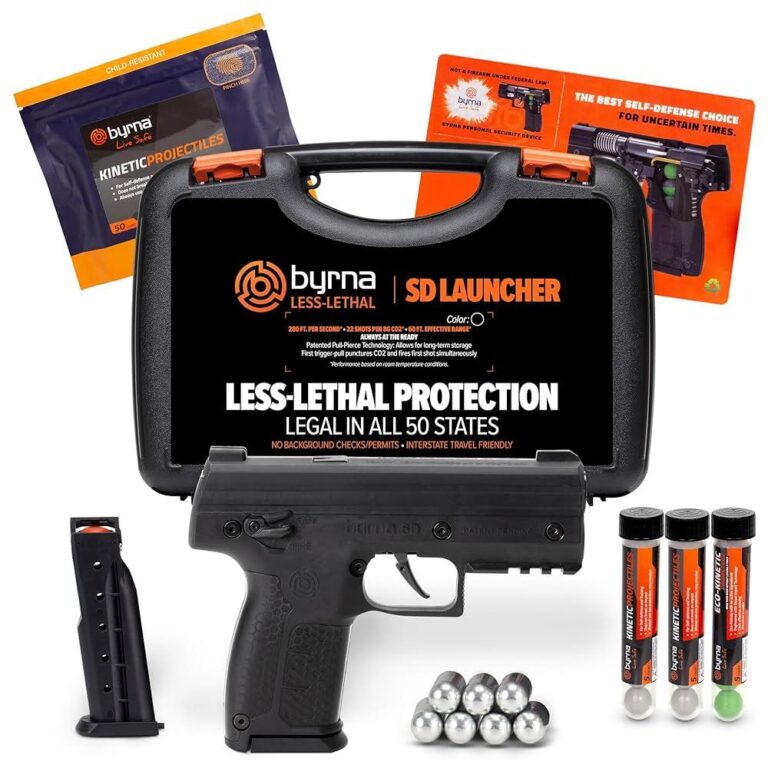Table of Contents
- Connecticut’s Legal Framework for Personal Protection Weapons
- Key Restrictions and Permits Required for Ownership
- Safe Storage and Transportation Guidelines in Connecticut
- Practical Tips for Compliance and Responsible Weapon Use
- In Conclusion
Connecticut’s Legal Framework for Personal Protection Weapons
Connecticut maintains a comprehensive legal framework governing the ownership, possession, and use of personal protection weapons. The state requires prospective owners to obtain a permit to carry firearms, emphasizing strict background checks and mandatory safety training courses. It is critical to recognize that Connecticut differentiates between open and concealed carry, with specific rules applied to each. Additionally, certain weapons, including assault rifles and high-capacity magazines, face outright restrictions. Violating these laws can result in severe penalties, including fines and imprisonment, reflecting the state’s commitment to balancing individual rights with public safety.
For residents and visitors alike, understanding the nuances of personal protection laws is essential. Some key elements include:
- Permit Requirements: Must be 21 or older with no felony convictions, and complete a state-approved safety course.
- Transport Regulations: Firearms must be unloaded and stored in a locked container separate from ammunition during transportation.
- Restricted Locations: Carrying weapons is prohibited in schools, government buildings, and private property where explicitly banned.
- Self-Defense Claims: Connecticut uses a “reasonable belief” standard for lawful use of force, emphasizing de-escalation where possible.
Key Restrictions and Permits Required for Ownership
In Connecticut, owning a personal protection weapon involves navigating a series of stringent requirements designed to balance public safety with individual rights. One of the primary mandates is the necessity of obtaining a valid state-issued permit, which requires applicants to undergo thorough background checks and demonstrate a legitimate reason for ownership. The state’s process includes fingerprinting, completing a firearm safety course, and abiding by a waiting period before the permit is granted. Additionally, certain categories of individuals-including felons, persons with restraining orders, and those convicted of domestic violence offenses-are explicitly prohibited from obtaining these permits.
Beyond the permit itself, Connecticut law imposes various restrictions on the types of weapons and how they may be carried or stored. For example, carrying a concealed weapon without the required license is strictly forbidden, and open carry is generally prohibited except under specific circumstances. The state also enforces safe storage laws intended to prevent unauthorized access, particularly where children are present. Here are some key points to remember:
- Applicants must be at least 21 years old and residents of Connecticut.
- The permit must be renewed every five years, with ongoing eligibility reassessments.
- There are strict limits on ammunition and magazine capacity depending on the weapon type.
- Local authorities have discretionary powers to approve or deny permits based on public safety assessments.
Safe Storage and Transportation Guidelines in Connecticut
In Connecticut, ensuring that personal protection weapons are stored and transported safely is not just a matter of responsible ownership but also a legal requirement. When storing firearms, it is essential to use a locked container or a secured gun safe to prevent unauthorized access, particularly by minors. Ammunition should be stored separately from the weapon, ideally also in a locked compartment. This approach not only ensures compliance with state regulations but also significantly reduces the risk of accidents. Connecticut law emphasizes that the weapon must not be readily accessible while being transported, underscoring the importance of physical security measures during transit.
When transporting personal protection weapons within or through Connecticut, keep these key points in mind:
- Firearms must be unloaded and placed in a locked container other than the glove compartment or console;
- Concealed carry permits do not exempt owners from these transportation rules;
- The weapon should remain out of reach of the driver and passengers during transport to prevent any immediate access;
- Follow local ordinances carefully, as additional regulations may apply on top of state laws.
Practical Tips for Compliance and Responsible Weapon Use
When it comes to personal protection weapons in Connecticut, understanding and adhering to state regulations is crucial for both legal safety and ethical responsibility. Always make sure to carry your weapon in a manner prescribed by law, which often means secure and concealed, avoiding any public displays that could cause alarm or legal complications. Regularly review your permits and stay updated on any legislative changes as Connecticut laws can evolve. Additionally, consider enrolling in certified firearms safety courses to sharpen your knowledge of safe handling practices and ensure you’re fully aware of your rights and limitations as a weapon owner.
Practical steps to maintain compliance and responsibility include:
- Keeping your weapon unloaded and securely stored when not in use
- Understanding and respecting no-carry zones such as schools and government buildings
- Maintaining clear documentation and immediate access to your firearms permits
- Engaging in regular maintenance checks to ensure your weapon functions reliably and safely
- Being mindful of your surroundings and using your weapon strictly for legitimate self-defense scenarios
In Conclusion
Navigating the complexities of Connecticut’s personal protection weapon laws is essential for responsible ownership and use. By staying informed about the state’s regulations-from licensing requirements to restrictions on carry-you can ensure that you remain compliant while effectively safeguarding yourself and your loved ones. Always remember, personal protection is not just about having a weapon; it’s about understanding the laws that govern them and practicing responsible, lawful behavior. Stay vigilant, stay educated, and prioritize safety above all else.Check Our Other Blogs
- StunGun – Your Trusted Source for Stun Guns, Laws, and Self-Defense Tips
- PepperSprayLaws – Your Trusted Resource for Pepper Spray Information
- StunGunLaws – Your Trusted Guide to Stun Gun Legality and Safety



